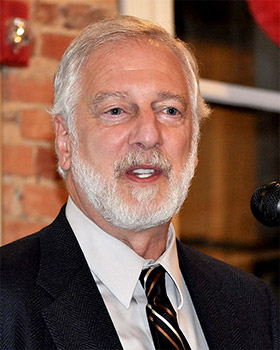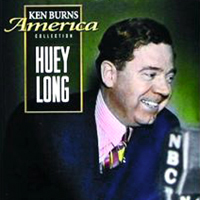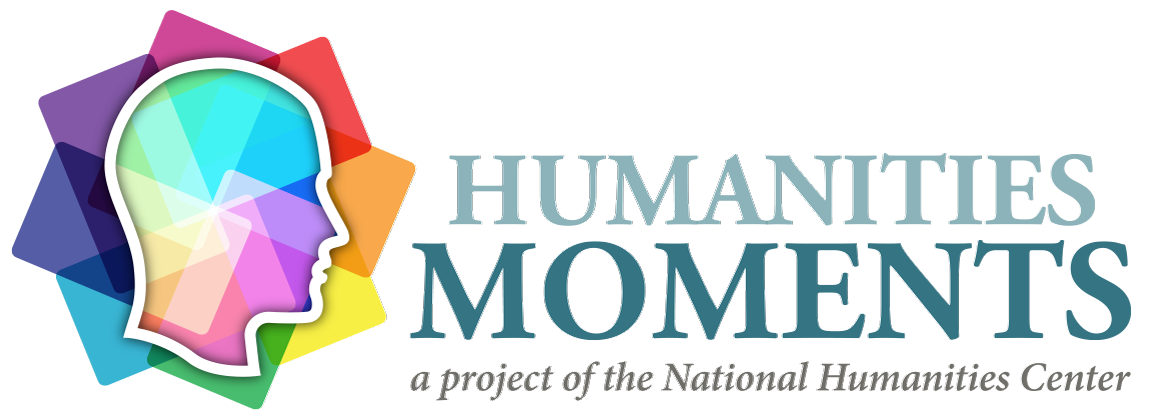We’ve all had “humanities moments”—when our lives were made richer, more poignant, and meaningful because of the insights the humanities provide.
We experience them in classes on history and literature, art and music, philosophy and foreign languages. But they are also ingrained in our everyday lives, helping us understand the world and our place in it. We access them through stories and images, in conversation, on pages and screens—encounters that reveal our complexities, our aspirations, and our tragic flaws. Whether we reflect on our personal experiences or our national history, it is the humanities moments that are most resonant, most epiphanic, and to which we continually return to mark who we are as individuals and as a culture.
 “Humanities moments are the unexpected miracles that provide meaning, sharpen purpose, and offer depth—profound pauses in the otherwise frantic and self-absorbed scurrying that characterizes our gettings and spendings.” –Robert D. Newman, President and Director, National Humanities Center, 2015–24
“Humanities moments are the unexpected miracles that provide meaning, sharpen purpose, and offer depth—profound pauses in the otherwise frantic and self-absorbed scurrying that characterizes our gettings and spendings.” –Robert D. Newman, President and Director, National Humanities Center, 2015–24
The Humanities Moments project was created by the National Humanities Center in an effort to gather, store, and share personal accounts about how the humanities illuminate our lives, help us better understand ourselves and each other, and allow us to more fully appreciate where we came from and where we are going.
In partnership with the Federation of State Humanities Councils, the Humanities Moments project seeks to gather stories from individuals from all walks of life, encouraging them to reflect on the ways the humanities have shaped their perceptions, helped them connect with the past, imagine a better future, or forge deeper connections to other people, cultures, and communities.
 Ken Burns: Answering the Question “Who Are We?”
Ken Burns: Answering the Question “Who Are We?”In this humanities moment, documentary filmmaker Ken Burns recalls having Robert Penn Warren read a passage from his novel All The King’s Men during the production of the Huey Long portion of his documentary series “Ken Burns’ America.” He notes that it is voices like Warren’s that have helped animate his work, bringing to life his own journey and that which he has tried to share through his films.
